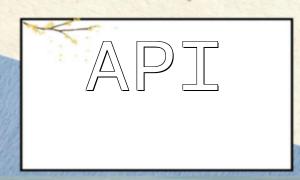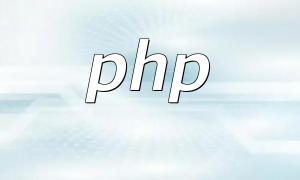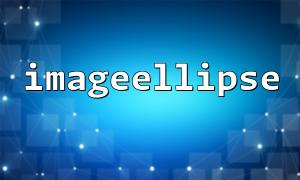With the rapid development of web applications, data transfer and integration between different platforms have become more and more common. SOAP (Simple Object Access Protocol) is an XML-based protocol used for communication across platforms over the network. PHP, a widely used server-side programming language, provides rich SOAP libraries and tools that make it easy to achieve cross-platform data transfer and integration. This article will show how to use PHP and SOAP to achieve this goal, along with code examples.
First, we need to set up a SOAP client to communicate with other platforms. In PHP, we can use the SoapClient class to implement this functionality. Below is an example:
$wsdl = "http://example.com/soap.wsdl"; // Set the WSDL URL for the SOAP service $client = new SoapClient($wsdl); // Create the SOAP client
Once we have set up the SOAP client, we can use it to call the SOAP service methods. In PHP, we can directly call the methods in an object-oriented manner. Below is an example:
$params = array(
'param1' => 'value1',
'param2' => 'value2'
); // Set the parameters for the SOAP service method
$result = $client->soapMethod($params); // Call the SOAP service method
After we call a SOAP service method, the server will return a SOAP response. In PHP, we can obtain the object returned by the method call and extract the results as needed. Below is an example:
$response = $client->__soapCall('soapMethod', array($params)); // Get the SOAP response object
$result = $response->soapMethodResult; // Retrieve the result of the SOAP method call
In addition to being a SOAP client, PHP can also act as a SOAP server. We can use the SoapServer class to create a SOAP service and host it on a web server. Below is an example:
class MySoapService {
public function soapMethod($param1, $param2) {
// Logic for handling the SOAP method
return $result;
}
}
$wsdl = "http://example.com/soap.wsdl"; // Set the WSDL URL for the SOAP service
$server = new SoapServer($wsdl); // Create the SOAP service
$server->setClass('MySoapService'); // Set the SOAP service class
$server->handle(); // Handle SOAP requests
Once we have created the SOAP service, it will be hosted at the specified address. Other platforms can use this address to access the SOAP service and invoke its methods. For example, Java platforms can use the JAX-WS library to access the SOAP service. In PHP, we can use the following code to access the SOAP service:
$wsdl = "http://example.com/soap.wsdl"; // Set the WSDL URL for the SOAP service
$client = new SoapClient($wsdl); // Create the SOAP client
$params = array(
'param1' => 'value1',
'param2' => 'value2'
); // Set the parameters for the SOAP service method
$result = $client->soapMethod($params); // Call the SOAP service method
By using PHP and SOAP, we can easily achieve cross-platform data transfer and integration. By setting up a SOAP client and calling SOAP service methods from other platforms, we can quickly retrieve and transfer data. Additionally, PHP can act as a SOAP server by using the SoapServer class to create services, which can then be accessed and integrated by other platforms. Whether as a SOAP client or a SOAP server, PHP provides rich libraries and tools to simplify the development process.









